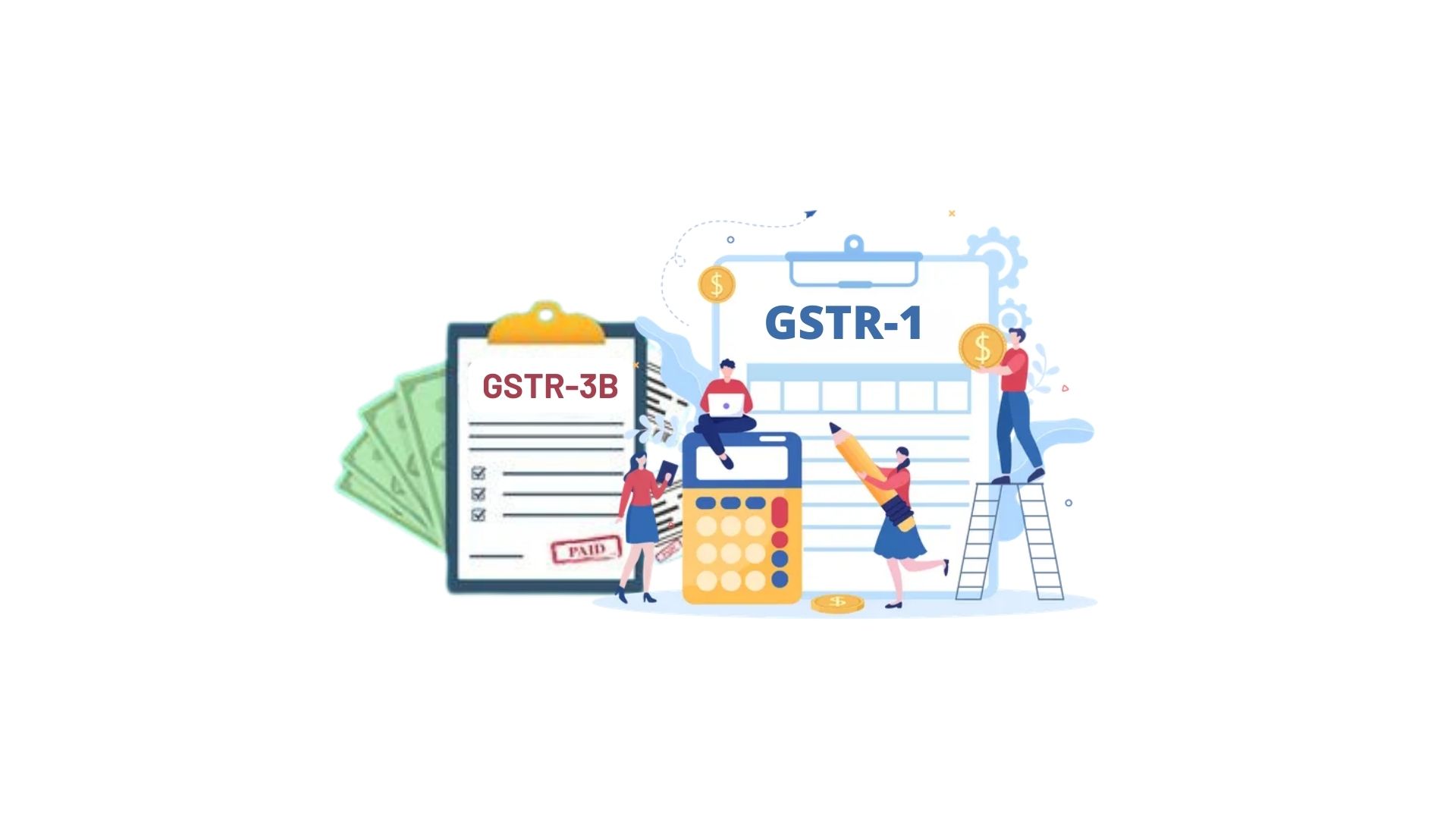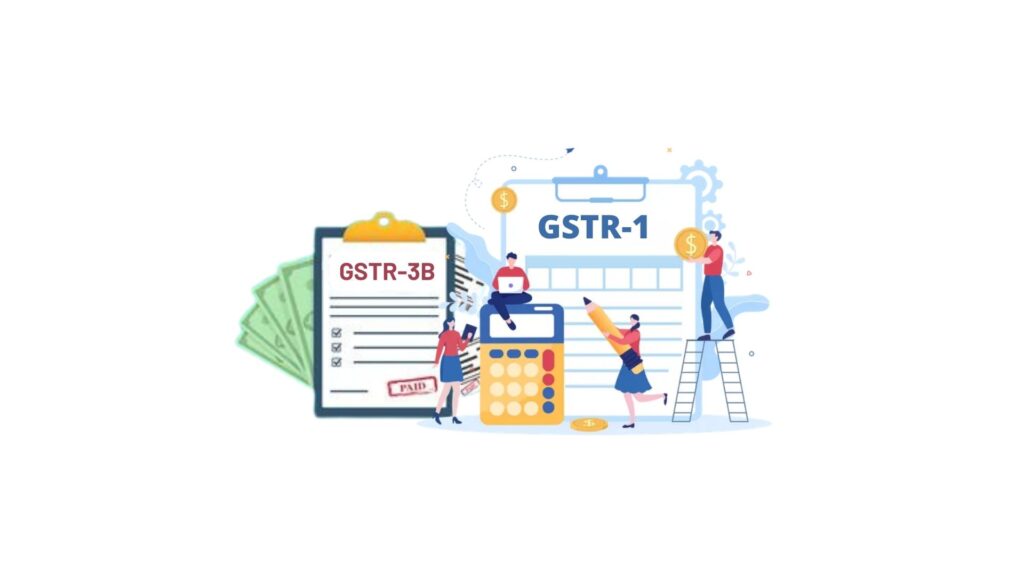
16 Apr Assessment Order Quashed when Assessee Incorrectly Reported Turnover in GSTR-1 but Correctly in GSTR-3B

The Hon’ble Madras High Court recently delivered a significant judgment in the case of Southern Engineering Services v. Deputy State Tax Officer-1 [WP No. 6523 of 2024 dated March 14, 2024], shedding light on the consequences of discrepancies in GST filings. This article explores the nuances of the case, the court’s ruling, and its implications for taxpayers and the taxation system as a whole.
Introduction
In the realm of taxation, accurate reporting is paramount to ensure compliance and fairness. The case of Southern Engineering Services underscores the importance of correctly reporting turnover in GST filings, specifically in GSTR-1 and GSTR-3B.
Background Information
Before delving into the specifics of the case, it’s essential to understand the nature of GSTR-1 and GSTR-3B. GSTR-1 is a monthly or quarterly return that captures outward supplies or sales made by registered taxpayers. On the other hand, GSTR-3B is a summary return where taxpayers declare their tax liability and claim input tax credit. It’s crucial to differentiate between taxable value and zero-rated supply to grasp the crux of the matter.
Facts of the Case
Southern Engineering Services, the petitioner in this case, supplied services to Dell International Services Private Limited, a SEZ unit, without levying any GST, as the supply fell under the category of zero-rated supply. However, there was a discrepancy in the reporting of turnover, with the petitioner incorrectly reporting the turnover under taxable value in GSTR-1 but accurately reporting the zero-rated supply in GSTR-3B. Despite this, an Assessment Order was issued against the petitioner by the Revenue Department.
Issue Analysis
The central issue revolved around whether an Assessment Order should be quashed when an assessee incorrectly reports turnover in GSTR-1 but correctly in GSTR-3B. This raised questions regarding the consistency and reliability of GST filings and the potential ramifications for taxpayers.
Court’s Decision
In its judgment, the Madras High Court noted the error in the petitioner’s return but acknowledged that the supply made to the SEZ unit qualified as zero-rated supply. Consequently, the court quashed the Assessment Order and directed the petitioner to be granted an opportunity for a proper hearing and to file a reply to the Show Cause Notice.
Legal Interpretation
The court’s decision underscores the importance of interpreting tax laws judiciously and considering the factual context of each case. It reaffirms the principle of natural justice, ensuring that taxpayers are given a fair chance to present their case and rectify any inadvertent errors in their filings.


No Comments